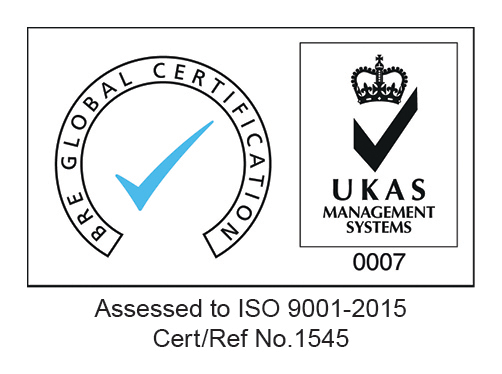Protect Duty (Martyn’s Law)
The Protect Duty refers to a proposed legislation in the United Kingdom aimed at enhancing security and preparedness measures in public locations to help protect against terrorist attacks and is designed to place a legal duty on owners and operators of certain publicly accessible locations to take reasonable steps to mitigate the risk of terrorism.
The proposed legislation evolved from a campaign by Figen Murray, the mother of Martyn Hett – one of the 22 victims of the 2017 Manchester Arena Bombings – who has since been lobbying for stronger security measures at venues and events to keep the public safe.
Key aspects of the Protect Duty include:
- Applicability: The Protect Duty would apply to a wide range of public spaces, including venues such as stadiums, shopping centres, public buildings, and other crowded places where members of the public gather.
- Risk Assessment: Under the Protect Duty, owners and operators of covered premises would be required to conduct risk assessments to identify potential security threats and vulnerabilities specific to their location.
- Mitigation Measures: Based on the risk assessment, operators would need to implement appropriate security measures to mitigate the identified risks. This may include physical security enhancements, staff training, emergency response planning, and other measures to enhance the protection of the premises.
- Consultation: The Protect Duty emphasizes the importance of engaging with relevant stakeholders, such as local authorities, law enforcement agencies, and security experts, to develop effective security measures and response plans tailored to the specific risks and needs of a given location.
- Compliance and Enforcement: Once the Protect Duty is in force, compliance with the legal requirements would be mandatory for covered premises. Regulatory authorities would oversee enforcement and monitoring of compliance to ensure that operators are meeting their obligations under the legislation.
The introduction of the Protect Duty is part of the UK government’s broader efforts to strengthen national security and enhance the protection of public spaces from terrorist threats. By imposing legal obligations on owners and operators of key venues, the Protect Duty aims to raise the overall level of security preparedness and resilience in crowded places to help safeguard public safety and prevent terrorist incidents.





